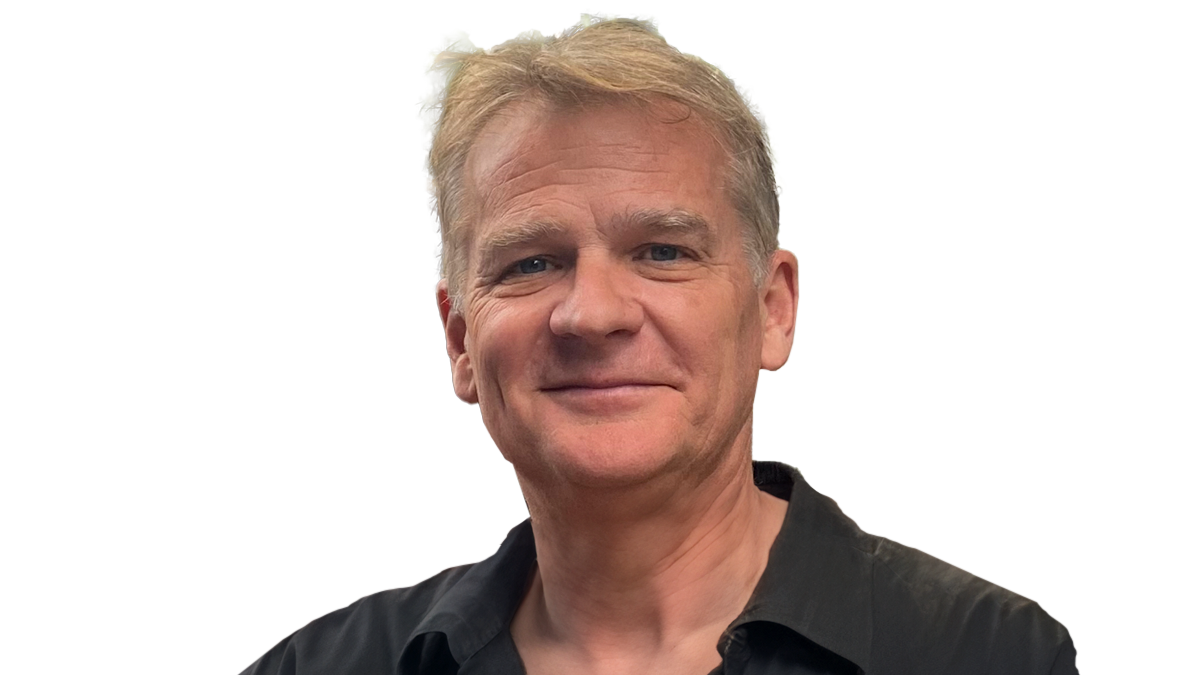
Overview
Only a third of patients needing new hearts, lungs, livers, and kidneys get one. Why is there a transplantation gap in the United States, and can new technology and new policies help?
Modernizing Transplantation: IT Reform, Expanding Donor Criteria and Organoids
Arthur L. Caplan, PhD, Professor of Bioethics at New York University Grossman School of Medicine, helped to create the field of modern bioethics. He has advised US presidents, mayors, companies, and nonprofits, and frequently speaks out on the leading bioethical issues of our times in the media. Caplan is the author, co-author or editor of 35 books and over 800 studies in peer-reviewed journals.
Congenial, quick-witted, and often provocative, the 74-year-old Caplan has focused on everything from gene editing and IVF to stem cells and the economics of healthcare. His work on the ethics of transplantation began early in his career when he advised the US Congress on the National Organ Transplant Act of 1984 and helped found the National Marrow Donor Program in 1987.
The 1984 Act set up the US system in place today, including the Organ Procurement and Transplantation Network (OPTN) that oversees the national distribution of organs through the United Network for Organ Sharing (UNOS)—with each organ type having its own tailored distribution framework of regulations governing transplantation.
The act and subsequent rules are designed to match patients who need transplants with available organs, with criteria that consider need, urgency, organ size, viability, waitlist time, immune system matching, and how close an available organ is to a would-be recipient.
The act banned the sale of organs, created a system based on retrieving donated organs from cadavers, established rules around preservation and transportation, and set up a federal registry to keep track of organs and patients. OPTN also keeps track of new procedures and technologies, and developments in the science around organ rejection and immunosuppression.
In 2023, a record of more than 46,000 transplants occurred, although the waitlist is 114,000—a gap that means tens of thousands of patients do not get the needed organs. More than 38 percent of all potential transplant patients will be on the waitlist for more than two years, with longer wait times for people of color, women, older patients, and the socioeconomically disadvantaged.
Recently, Cure in collaboration with the Deerfield Institute, published the white paper "Improving Organ Transplantation with New Technology" that surveyed 26 transplant surgeons about heart, lung, liver and kidney transplants and the trends they are seeing in new technologies, policy, and procedures and if these new developments are improving the transplantation process, equity, and access. To augment the report, Cure spoke with Art Caplan over Zoom to provide commentary on the organ transplantation system in the US and current efforts to improve it.
Cure edited this interview for length and clarity.
Cure: In 1984, you helped set up the current organ transplantation system in the US. How is this working 40 years later?
Art Caplan: Not all that great. There are still way too many people who need an organ who are not getting one. The system needs structural reform -- 40 years without being updated for efficiency is too long.
Cure: What's the problem?
Caplan: We need to do a much better job matching organs with those who need them. For example, the system uses primitive computer registries and old-fashioned data monitoring. It makes it hard to audit and surveil whether people are cheating or are not listing people who should be listed higher. They need to have a big IT reform—which sounds abstract, but it really will drive a more efficient use of transplantation.
Cure: What else?
Caplan: There also are many centers that don't use organs they have because they are considered marginal because of age and disease and they throw them away, and that should not happen in most cases. You should expand the use of these marginal organs because there's a track record and evidence out there that shows that you can do this safely. Let's say I need a transplant of a kidney at [age] 74. I might take a donor who's 68 that nobody else wanted. I'll take five years of a kidney that works, and if I die, then, well, that was a good use of it, so it's that sort of thing that needs to be paid attention to.
Cure: Those things aren't factored in right now?
Caplan: Not like they should be. For instance, most programs never used to take donors who had hepatitis, but now we have treatments for hepatitis C. So, you put the organ in and you start pumping medicine into the recipient and it works.
The head of our transplant program here [at NYU], a doctor named Robert Montgomery, MD, PhD, who's at the forefront of all the pig transplants, has himself had a heart transplant, and he took a hepatitis donor and is doing great.
I'll give you another way to expand the donor pool. We have medicines now for HIV. We should be using HIV donors. A lot of places haven't caught up to where the medical reality is. Instead, we should let the recipient decide whether to take the risk.
Cure: Could a heart or liver from an HIV patient give you HIV?
Caplan: Maybe. Depends on your immune system. But we have good treatments for HIV now, and I think that's a path that ought to be fully explored, with letting the recipient say, I'll try it. You're telling me I have no chance to get a heart, so maybe the patient says it's better to be alive and taking antiretrovirals than not being alive.
Cure: There have been some attempts to improve the systems.
Caplan: There are efforts to have more sophisticated monitoring of where the organs are and their condition, who's on the waitlist and their status, and what they're willing to accept or not. That's what I call the IT update—make the IT better than the older, less efficient IT systems.
Cure: The transplantation system remains focused on organs coming from people who voluntarily donate them, right?
Caplan: Yes. Years ago, we went through the debate about paying for organs and creating markets. This was an old bugaboo when I first got into this. We had to set up the dead donor rule to make sure that people trusted that they weren't going to get killed so that parts could go to someone else.
Now, there are proposals that say things like: let's start giving tax breaks to people and maybe we'll get more kidneys. I'm not against this, but there would be resistance. A major reason is that major religions hate any financial incentives for body parts. They also have strong objections to a market to buy and sell organs, even if there are strict controls.
Not that I'm opposed to making it easier to find a kidney, or to acquire kidneys, I just think if you start down the market route, you're going to create a maelstrom that you don't need right now.
Cure: What about the future, as scientists develop new technologies like stem cells to one day regenerate or create replacement organs or tissue?
Caplan: The future is definitely not running around trying to get more organs from dead people because that whole practice is ridiculous. I've felt that way for 40 years. Even though I'm a big supporter of transplantation, pulling organs out of dead bodies rapidly and sticking 'em in other people and dousing them with immunosuppression is not an elegant solution to organ failure.
The future is culturing organoids, using xenografts, mechanical organs, and learning to freeze organs. Or you'll have organoids made with stem cell therapies for certain types of organ failure.
You don't need the whole organ if your pancreas fails, you just need the cells that make insulin.
Cure: What about using bioengineered animal organs? A few months ago, doctors at Massachusetts General Hospital in Boston transplanted a pig heart into a man dying of heart failure. He only lived for a few weeks, but he got to go home to see his family.
Caplan: Animals may turn out to be a source of organs in the short run. But I don't think they're a long-term answer. You have the same immunosuppression problems as you have with human hearts.








